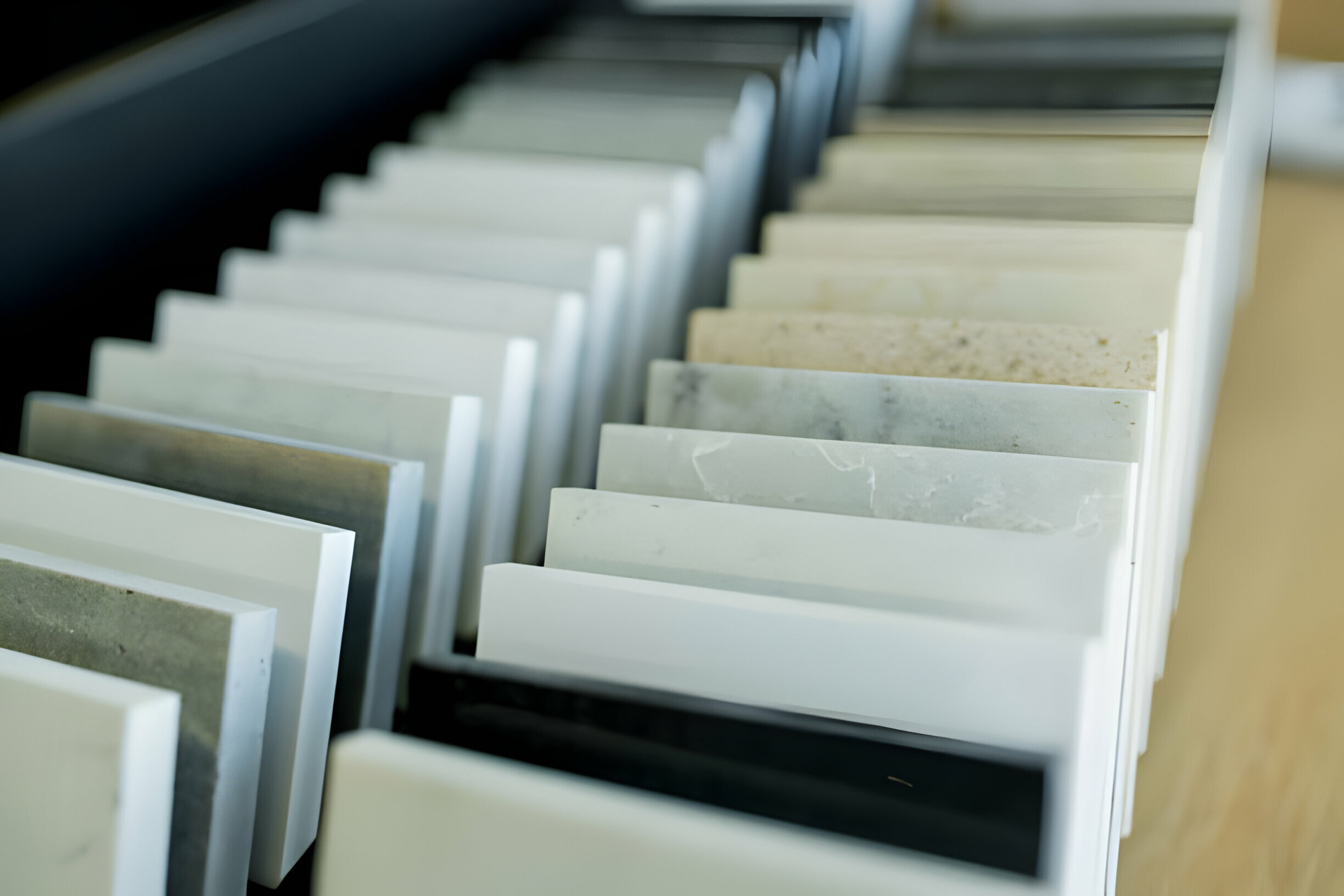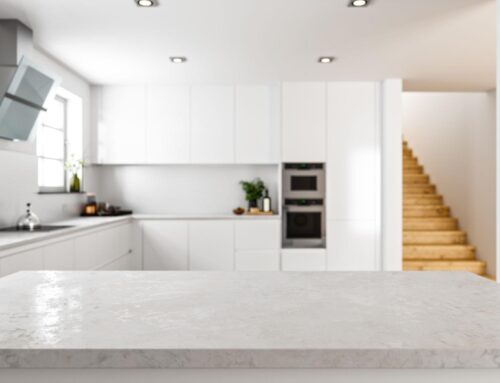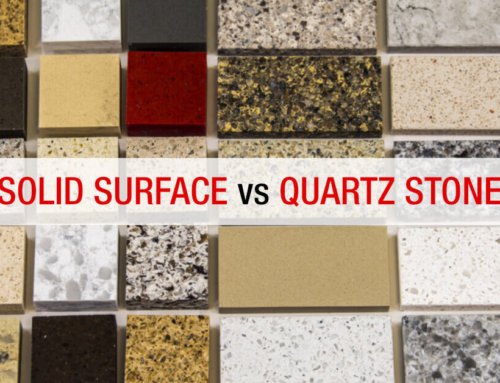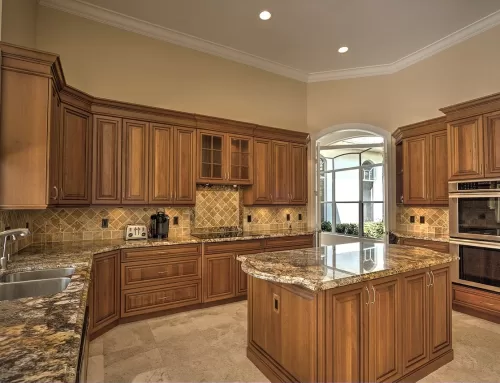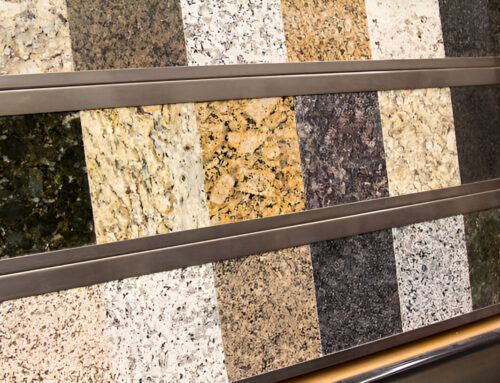In the ever-growing movement towards sustainable living, conscientious homeowners are increasingly looking for eco-friendly alternatives in every aspect of their homes. When it comes to kitchen countertops, two popular choices are solid surface and quartz. This article aims to delve into the environmental impact of these materials, shedding light on their sustainability and eco-friendliness.
Understanding Solid Surface Countertops:
Solid surface countertops are typically composed of acrylic, polyester, or a blend of both. These materials are often derived from non-renewable fossil fuels. However, the manufacturing process of solid surface countertops tends to be more energy-efficient compared to other countertop options. Solid surface countertops are known for their durability and longevity, potentially reducing the need for frequent replacements, which contributes positively to their environmental footprint.
Additionally, the non-porous nature of solid surface countertops makes them resistant to mold and bacteria, minimizing the need for harsh chemical cleaners that can be detrimental to the environment.
Analyzing the Environmental Credentials of Quartz Countertops:
Quartz countertops, on the other hand, are engineered stone surfaces made by combining natural quartz crystals with resins and pigments. While quartz itself is abundant in nature, the resin used is typically derived from petroleum-based products. The extraction and processing of natural quartz do have environmental impacts, but manufacturers often strive to minimize these effects through responsible sourcing.
One notable aspect of quartz countertops is their longevity. Due to their durability and resistance to wear and tear, quartz countertops have a potential lifespan that can extend for decades. This longevity contributes to a reduction in the overall environmental impact, as fewer replacements are needed over time.
Comparing Energy Consumption in Production:
The production phase plays a crucial role in determining the environmental impact of any material. Solid surface countertops generally require less energy in their production compared to quartz. The curing process of quartz involves significant heat, contributing to higher energy consumption. However, advancements in technology and manufacturing practices are continuously working towards reducing the environmental footprint of both materials.
Recyclability and End-of-Life Considerations:
When evaluating the eco-friendliness of countertops, it’s essential to consider their recyclability and end-of-life options. Solid surface countertops are not easily recyclable due to their composition, which can pose a challenge for environmentally conscious disposal.
On the other hand, quartz countertops have a potential edge in this aspect. Some manufacturers have started exploring ways to recycle and repurpose quartz materials, contributing to a more circular and sustainable lifecycle.
Conclusion: Making an Informed Choice:
In the realm of eco-friendly countertops, both solid surface vs quartz have their pros and cons. As a homeowner, it’s essential to weigh the environmental impact against other factors like durability, aesthetics, and cost. Manufacturers are increasingly recognizing the importance of sustainability, and ongoing innovations in production methods aim to reduce the ecological footprint of these materials.
Ultimately, making an informed choice involves considering not only the immediate environmental impact but also the long-term effects throughout the lifespan of the countertop. As the demand for sustainable options continues to rise, it is expected that both solid surface and quartz countertop manufacturers will increasingly adopt practices that prioritize the planet’s well-being.
